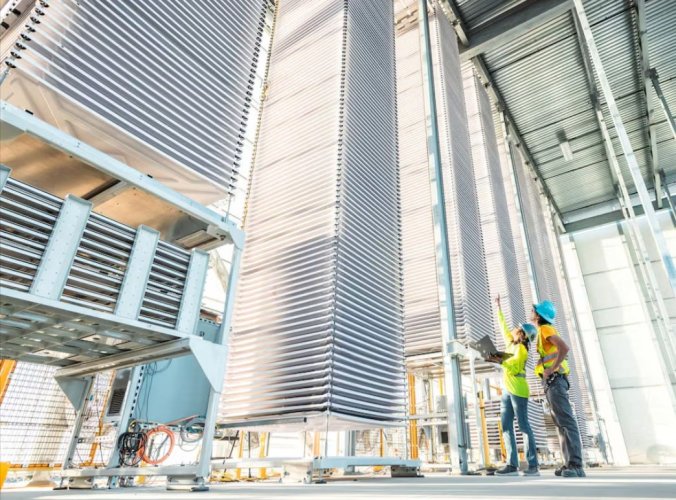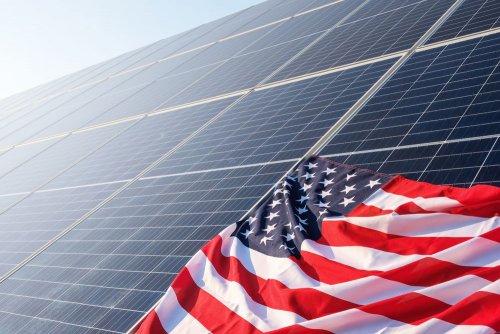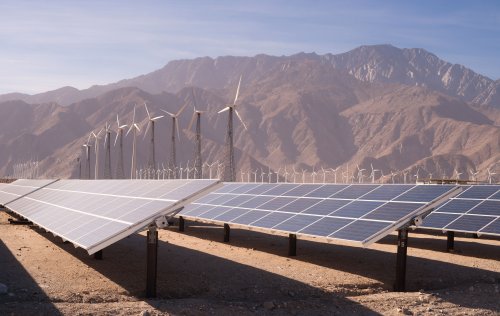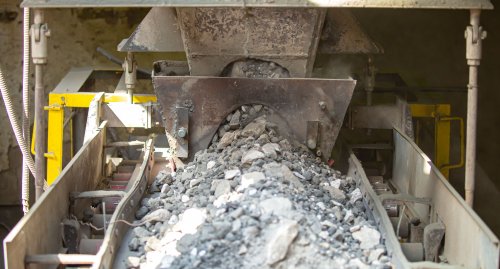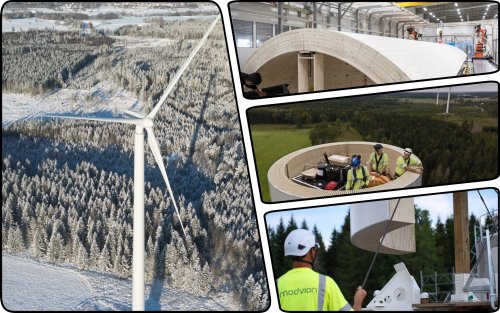Large technology companies are beginning to reap huge profits from AI technologies. This encourages them to build more and more data centers, which require increasing amounts of energy, the production of which in turn increasingly pollutes the environment. So, in an effort to clear their conscience and protect nature, tech giants are buying carbon credits en masse. And there aren't enough to go around.
This was reported by Reuters.
Investments as compensation
The purchase of carbon credits serves as compensation to nature for the damage caused. Large players cannot and do not want to reduce their capacity, so in order to offset emissions, they invest in projects that absorb carbon.
Since 2019, technology companies have invested hundreds of millions of dollars in such initiatives, most actively in the last two years. According to market tracker CDR.fyi, a total of $10 billion has been spent on long-term agreements and the spot market. In terms of prices, Microsoft and Google have quadrupled the cost of quality credits with their massive purchases.
The priority for investment is projects that guarantee long-term and safe removal of carbon from the atmosphere. Examples include biochar and technologies for direct capture of CO2 from the air. Companies are also eager to invest in the restoration of degraded land.
Money – emissions – carbon credits
The popularity of artificial intelligence technology continues to grow, so companies continue to expand their IT infrastructure by creating new data centers. Some directly use part of their AI profits to purchase credits.
"Companies that are performing well are making significant investments, and the reason these companies are performing well is artificial intelligence. So artificial intelligence brings profits, and profits bring investments," said Brennan Spellasi, CEO of climate technology firm Patch.
Demand exceeds supply
Reuters cites data on carbon credit sales via the Patch platform:
- requests for biochar projects accounted for one-third. Actual sales amounted to only 20%;
- requests for forest restoration accounted for 25% of cases. Sales amounted to 12%.
"The desire for high quality is very real, and this is evident in the figures. In 2024, 8 million tons of permanent carbon removal were purchased, and this year it is already 25 million," said Lucas May, chief commercial officer of the Isometric carbon registry.
Earlier, EcoPolitic reported on how Google invested in the Mombak rewilding project in Brazil. The company also shared its assessment of the situation on the carbon credit market. In particular, it discussed the rising cost of high-quality projects.
The use of carbon credits has also been allowed in the European Union. This was a concession to skeptics who did not want to agree to the EU's joint NDC to reduce emissions by 90% relative to 1990 levels.

